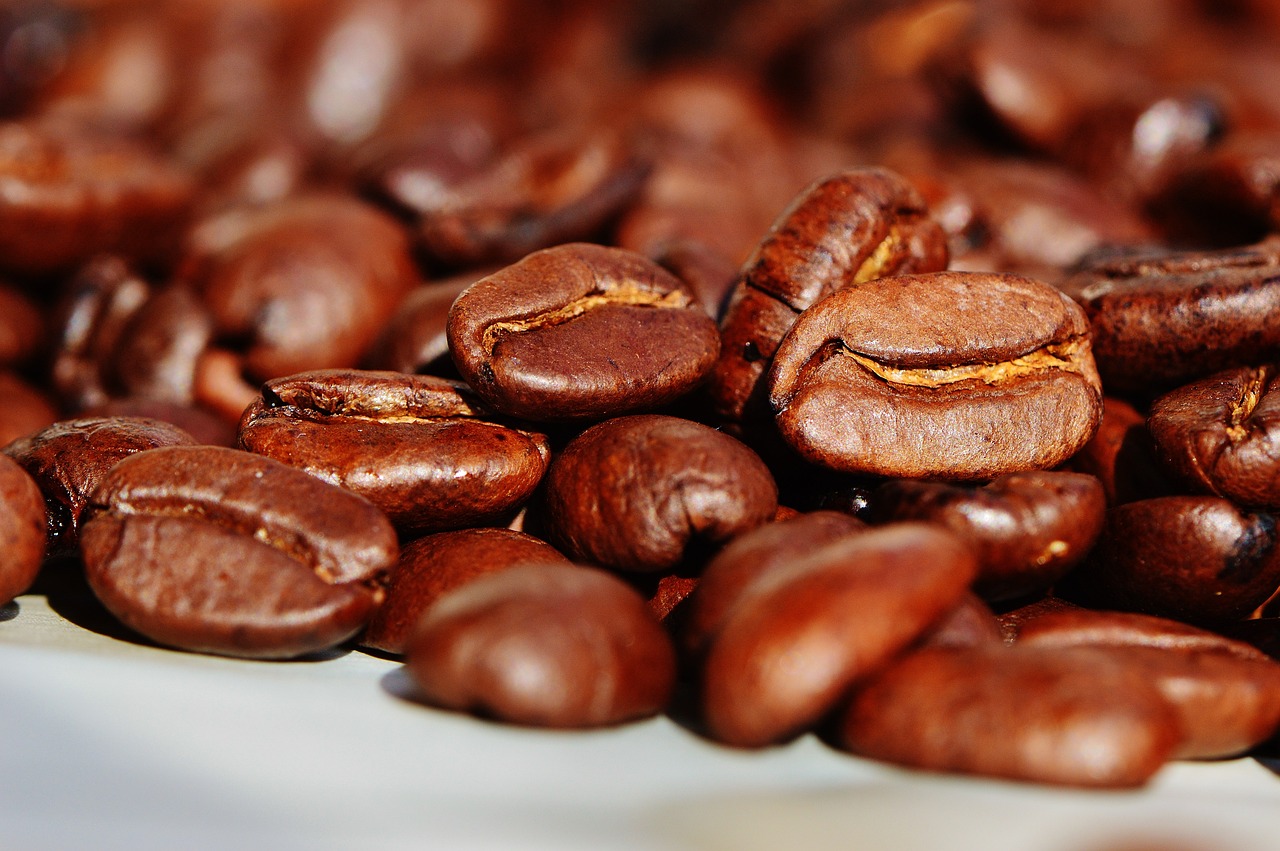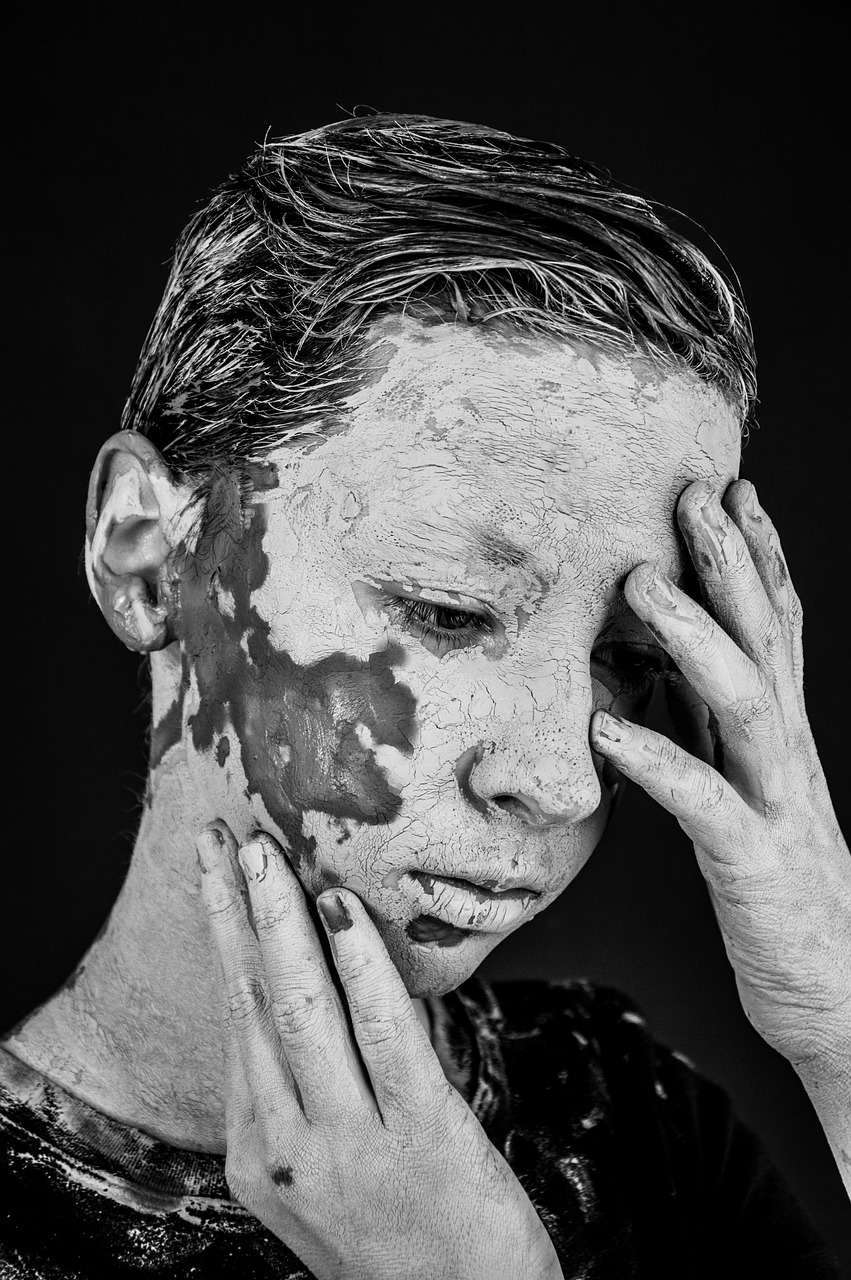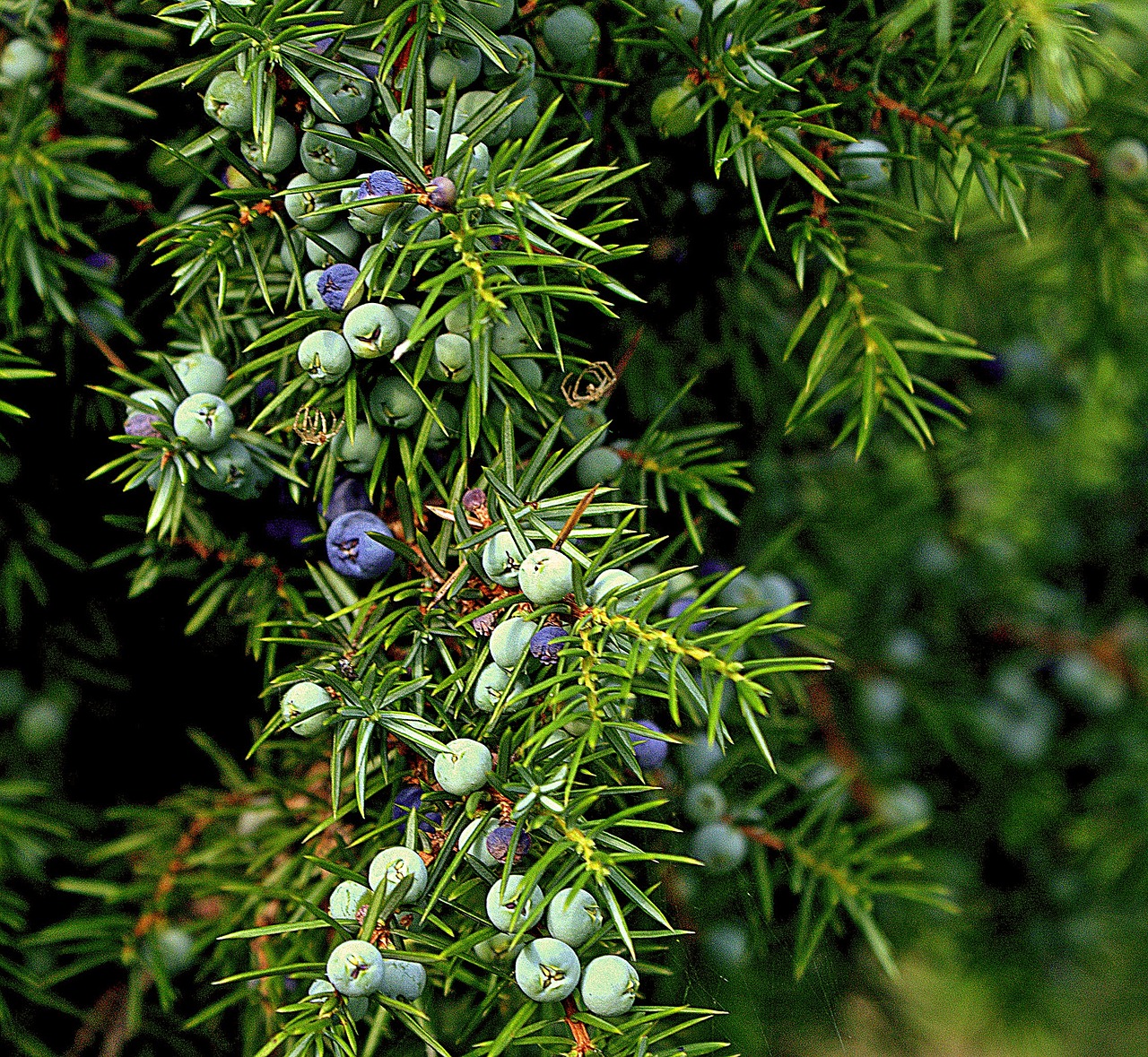Beauty
Benefits of drinking olive oil for the skin and the immune system of the body

Benefits of drinking olive oil
Olive oil is characterized by the fact that it treats many problems faced by the body, as it works to treat many skin problems and skin infections.
In addition, many doctors recommend using it because it is extracted from natural herbs and is filled with many vitamins, minerals, and many hair problems.
Many doctors recommend the use of olive oil through the massage process for people who suffer from arthritis, muscle toughness, or lack of marrow within the knee or between the muscles. Olive oil is also extracted from olive trees that contain a lot of minerals.
Olive trees also help that pure natural olive oil is extracted from them, especially light green olive oil.
This oil has a lot of vitamins that help restore many of the features of the skin, such as luster and softness, and the absence of a feeling of dryness or a sense of moisture.
Olive oil is used by many women or girls because it contains natural properties that transform curly hair into more stable and strong.
It also increases the hair strands and its density, in addition to the feeling of a silky touch in the hair, in addition to the feeling of hydration, vitality, freshness and strength.
Olive oil is also used because it contains natural water from the heart of nature, as this water helps stop continuous hair loss and treat baldness problems facing the majority of the elderly.
Olive oil is also used for what it contains to treat arthritis problems that result from exposure to a lot of moist air, as it is important to warm the body completely so that the body is not exposed to severe colds.

Benefits of drinking olive oil to treat body problems
Olive oil is also distinguished by the fact that it is used through the process of massaging the chest area for people who suffer from pneumonia, inflammation of the rib cage, a sense of asthma, or a feeling of suffocation as a result of bronchitis or exposure to strong colds.
Also, olive oil has a very beautiful smell, as some people heat the oil on the fire for a minute and a half and apply the oil to the area that you suffer from or feel severe pain in.
In addition, this is an old habit of the ancient Egyptians using, as massaging the whole body with olive oil is one of the strongest and best tips that we must work with.
Many doctors advise that newborn mothers massage their babies with olive oil, especially the abdomen and around the navel.
As many newly born babies who are not more than five months old suffer from severe constipation or a feeling of diarrhea, so many doctors advise heating olive oil in a very light way.
Olive oil is also placed and massaged on the body for many people, as some people suffer from back pain or weak immunity and exposure to air.
Where the air is deposited inside the body, the body is exposed to severe inflammation or a feeling of muscle weakness.
Olive oil to treat hair problems
Olive oil is used to remove dandruff from the scalp, as dandruff accumulates on the scalp as a result of exposure to the sun for a long period.
And doing the process of producing sweat, it deposits on the roots of the hair, so the hair needs a natural cleanser and cleanser that removes dirt and sweat that appears on the pores of the skin and removes the oils that come out of the oily scalp.
Olive oil to treat stomach problems
Olive oil is used in the treatment of obesity problems or a feeling of extreme hunger or a sense of excess weight, as olive oil helps to get rid of obesity problems faster or in a small period.
Olive oil helps to get rid of stomach ulcer problems that can lead to bleeding, loss of appetite, exhaustion, extreme fatigue, and high temperature.
Olive oil also helps, especially eating a tablespoon of olive oil before breakfast can relieve stomach pain.
In addition, it protects against the problem of constipation that many people who eat a lot of packaged foods are exposed to.
Olive oil also helps in treating skin problems because it contains antioxidants that treat the problems of the appearance of rashes or inflammation of the skin, in addition to the feeling of a silky touch in the skin, in addition to a feeling of extreme softness.
Olive oil is distinguished in the treatment of arthritis problems, lack of flexibility, or a sense of fatigue and pain from the muscle areas, the knee area, or the area around the neck as a result of sitting for a long time on the work chair for more than 15 hours.
The results of drinking olive oil
Many doctors who have undergone chemotherapy for breast cancer patients advise that there are strong and very effective results in drinking a tablespoon of olive oil.
This amount helps in expelling germs and viruses and protects the body from many types of cancer, especially breast cancer, which many women can face at an early age.
Drinking olive oil also helps in treating sleep disorders, insomnia, intense thinking, or thinking for a very large period, in addition to reducing the amount of feeling exhausted or tired.
Olive oil also helps in treating the problems of inflammation of the vertebrae or feeling tired or severe pain in the back area, as olive oil reduces the feeling of muscle weakness or muscle growth in addition to the feeling of weak immunity or exposure to serious diseases.
You should do a lot of exercise besides using olive oil, as exercise stimulates the activity of blood circulation inside the body.
This process helps to lose a lot of weight in addition to a feeling of freshness and vitality, in addition to that, it strengthens the immune system and enhances the process of removing viruses from inside the body.
Olive oil also helps in treating the problems of uterine infections, polycystic ovaries, or a feeling of uterine bleeding inside as a result of exposure to germs or viruses, or a feeling of uterine inflammation as a result of the exchange of underwear from one person to another.
Olive oil helps treat problems with sudden high blood pressure or a sense of sudden drop. Olive oil treats these cases and prevents heart attacks or sudden comas.
Olive oil also helps in treating the problems of high cholesterol in the blood as a result of diabetes and also prevents exposure to a diabetic coma.
Beauty
Benefits of coffee for hair and ways to use it

Benefits of coffee for hair
Coffee has gained popularity not only as a beverage but also as a potential ingredient for hair care. Here are some potential benefits of coffee for hair and different ways to use it:
- Stimulates hair growth: The caffeine present in coffee is known to stimulate hair follicles and promote hair growth. It may help increase blood circulation to the scalp, providing essential nutrients to the hair roots.
- Reduces hair loss: Coffee may help inhibit the effects of DHT (dihydrotestosterone), a hormone associated with hair loss. Applying coffee topically may block DHT and reduce hair fall.
- Adds shine and luster: Coffee can add shine and luster to dull hair. It may enhance the natural color and make the hair appear more vibrant.
- Strengthens hair strands: The antioxidants present in coffee, such as polyphenols, can help strengthen the hair shaft, reducing breakage and split ends.
- Acts as a natural hair dye: Coffee can act as a natural dye, particularly for dark hair. It may provide subtle brown tones or enhance existing brown color.

Here are a few ways to use coffee for hair:
- Coffee rinse: Brew a strong cup of coffee and let it cool. After shampooing your hair, pour the coffee over your hair and massage it into the scalp. Leave it on for a few minutes before rinsing thoroughly.
- Coffee hair mask: Mix brewed coffee with a natural hair mask ingredient, such as plain yogurt or coconut oil. Apply the mixture to damp hair and leave it on for 20-30 minutes before rinsing.
- Coffee oil treatment: Infuse coffee grounds in warm coconut or olive oil for a few days. Strain the oil and apply it to the scalp and hair, massaging gently. Leave it overnight and wash it off the next morning.
- Coffee spray: Brew a strong cup of coffee and allow it to cool. Transfer it to a spray bottle and spritz it onto your hair as a leave-in conditioner. Avoid using too much to prevent staining.
Remember to perform a patch test before applying coffee or any new ingredient to your hair or skin to check for potential allergic reactions. Additionally, individual results may vary, so it’s important to experiment and find the method that works best for your hair type and needs.
Beauty
Skin Pigmentation Natural Remedies

Natural recipes for the treatment of skin pigmentation
Skin pigmentation refers to the darkening or discoloration of the skin, often caused by various factors such as sun exposure, hormonal changes, aging, or certain medical conditions. While natural remedies can help improve the appearance of pigmentation, it’s important to note that they may not eliminate the issue. It’s always a good idea to consult with a dermatologist for an accurate diagnosis and appropriate treatment options. Here are a few natural recipes that you can try:
Lemon Juice and Honey Mask:
- Mix equal parts lemon juice and honey.
- Apply the mixture to the affected areas.
- Leave it on for 20 minutes before rinsing with lukewarm water.
- Repeat this remedy a few times a week.
Note: Lemon juice may cause skin sensitivity, so it’s essential to perform a patch test before applying it to larger areas. Additionally, avoid sun exposure after using lemon juice on the skin as it can cause photosensitivity.
Aloe Vera Gel:
- Extract fresh gel from an aloe vera leaf.
- Apply the gel directly to the pigmented areas.
- Leave it on for 30 minutes before rinsing with water.
- Repeat this process daily for several weeks.
Turmeric and Milk Paste:
- Mix 1 teaspoon of turmeric powder with enough milk to form a paste.
- Apply the paste to the affected areas.
- Leave it on for 20-30 minutes before rinsing with water.
- Repeat this remedy a few times a week.

Potato Juice:
- Grate a potato and squeeze out the juice.
- Apply the juice to the pigmented areas using a cotton ball.
- Leave it on for 20 minutes before rinsing with water.
- Repeat this process daily for a few weeks.
Apple Cider Vinegar Toner:
- Dilute apple cider vinegar with an equal amount of water.
- Apply the mixture to the affected areas using a cotton ball.
- Leave it on for 5-10 minutes before rinsing with water.
- Repeat this process once daily, gradually increasing the exposure time.
Remember, it’s important to be consistent and patient when using natural remedies. If you don’t see significant improvement or experience any adverse reactions, discontinue use and consult a dermatologist for further guidance.
Beauty
Juniper Berries: Benefits & Uses

6 BENEFITS & USES OF JUNIPER BERRIES
Juniper berries, the fruit of the juniper tree (Juniperus communis), have been used for various purposes for centuries. Here are six benefits and uses of juniper berries:
- Culinary Uses: Juniper berries are commonly used as a spice in cooking, particularly in European cuisines. They have a unique flavor profile that is often described as piney, citrusy, and slightly peppery. Juniper berries are a key ingredient in dishes like sauerkraut, pickles, game meats, and certain spirits like gin.
- Digestive Aid: Juniper berries have been traditionally used as a digestive aid due to their carminative properties. They can help relieve symptoms such as bloating, gas, and indigestion. Juniper berries are sometimes used to make herbal teas or tinctures that can support digestive health.
- Antioxidant Properties: Juniper berries are rich in antioxidants, including flavonoids and polyphenols, which help protect the body against oxidative stress and free radicals. Antioxidants are beneficial for overall health and may help reduce the risk of chronic diseases.
- Diuretic Effects: Juniper berries are known for their diuretic properties, meaning they can increase urine production and promote detoxification. This effect can help reduce water retention, support kidney function, and flush out toxins from the body.
- Respiratory Support: Juniper berries have been used in traditional medicine to support respiratory health. They may help alleviate symptoms of respiratory conditions like coughs, bronchitis, and congestion. Juniper berry essential oil is sometimes used in aromatherapy or as an ingredient in chest rubs.
- Skin Care: The antimicrobial and anti-inflammatory properties of juniper berries make them beneficial for skin health. Juniper berry extract or oil is often used in natural skincare products to help soothe and cleanse the skin, treat acne, and reduce inflammation. However, it’s important to note that juniper berry oil can be irritating to some individuals, so it should be used with caution and in diluted form.
While juniper berries offer potential benefits, it’s important to consult with a healthcare professional before using them for therapeutic purposes, especially if you have any underlying health conditions or are taking medications.

WAYS TO USE JUNIPER BERRIES
There are several ways to use juniper berries in various forms. Here are some common methods:
- Culinary Use: Crush juniper berries using a mortar and pestle or a spice grinder and use them as a spice in cooking. They are often used in marinades for game meats, stews, sauerkraut, and pickles. Juniper berries can also be added to spice blends or used to flavor sauces and soups.
- Herbal Tea: Juniper berries can be used to make herbal tea. Crush a few berries and steep them in hot water for about 10 minutes. The resulting tea has a distinct flavor and can be consumed on its own or blended with other herbs for added benefits.
- Infused Spirits: Juniper berries are a primary ingredient in gin, contributing to its characteristic flavor. You can infuse spirits like vodka or gin with juniper berries to create your own flavored alcoholic beverages. Simply add crushed berries to the spirit and let it steep for a few days or weeks before straining.
- Tincture: Juniper berry tincture is made by soaking crushed berries in alcohol, such as vodka or brandy, for several weeks. This creates a concentrated liquid extract that can be used in small doses for digestive support or other medicinal purposes. Consult an herbalist or follow a trusted recipe for proper tincture preparation.
- Aromatherapy: Juniper berry essential oil is used in aromatherapy for its therapeutic properties. It can be diffused in a room to promote relaxation, added to bathwater for a soothing experience, or used in massage oils for its rejuvenating effects. Ensure to follow proper dilution guidelines and consult a qualified aromatherapist for guidance.
- Skincare Products: Juniper berry extract or oil is used in natural skincare products such as soaps, lotions, and creams. These products may help cleanse the skin, reduce inflammation, and promote overall skin health. Ensure to follow the instructions provided by the product manufacturer.
Remember to use juniper berries in moderation and consult a healthcare professional or herbalist for personalized advice, especially if you have any specific health concerns or are taking medications.
DISCOVER THE MANY USES OF JUNIPER BERRIES
Juniper berries have a wide range of uses across various domains. Here are some additional uses of juniper berries:
- Natural Cleaning: Juniper berries can be used as a natural cleaning agent. Create a homemade cleaning solution by simmering crushed juniper berries in water, then strain and use the liquid to clean surfaces. The antimicrobial properties of juniper berries can help disinfect and freshen your living space.
- Herbal Medicine: Juniper berries have been used in traditional herbal medicine for their medicinal properties. They are believed to have diuretic, antiseptic, anti-inflammatory, and antifungal effects. Juniper berry extracts or tinctures can be used to support urinary health, alleviate digestive issues, and assist with joint pain.
- Craft and Decor: Dried juniper berries can be used in craft projects and as decorative elements. They add a natural touch to wreaths, potpourri, and floral arrangements. Juniper berries can also be used to create unique and fragrant homemade sachets or scented candles.
- Culinary Preservatives: Juniper berries contain natural preservatives that help inhibit the growth of certain bacteria and fungi. They are commonly used in preserving and curing meats, particularly in traditional dishes like sausages and salami. The aromatic and tangy flavor of juniper berries adds depth to preserved foods.
- Outdoor Cooking: Juniper berries can be used for outdoor cooking. They can be added to smoking chips or placed directly on charcoal to impart a distinct flavor to grilled or barbecued meats. The smoky, resinous aroma of juniper berries enhances the taste of grilled dishes.
- Potpourri and Aromatics: Dried juniper berries can be added to potpourri blends to release a pleasant and refreshing scent. Crushed juniper berries can also be used in homemade scented sachets or drawer fresheners to impart a natural aroma and help repel pests.
It’s important to note that while juniper berries have various uses, they should be used in moderation and with caution. Pregnant women, individuals with kidney disorders, or those on certain medications should consult with a healthcare professional before using juniper berries for medicinal purposes.
-

 Beauty4 years ago
Beauty4 years agoAll you need to know about the problem of excessive hair in women
-

 Nutrition4 years ago
Nutrition4 years agoBenefits of eating fruits daily
-

 Beauty3 years ago
Beauty3 years agoRecipes for hair lengthening – the fastest 8 recipes for hair lengthening and intensification
-

 Fitness4 years ago
Fitness4 years agoBack exercises and ways to apply them to get rid of problems
-

 Lifestyle4 years ago
Lifestyle4 years agoPromote a healthy lifestyle
-

 Beauty4 years ago
Beauty4 years agoBenefits of lavender – Here are more than 10 benefits of lavender for the body
-

 Business Services2 years ago
Business Services2 years agoOnline aeronautical engineering degree
-

 Beauty3 years ago
Beauty3 years agoBariatric Surgery in USA






